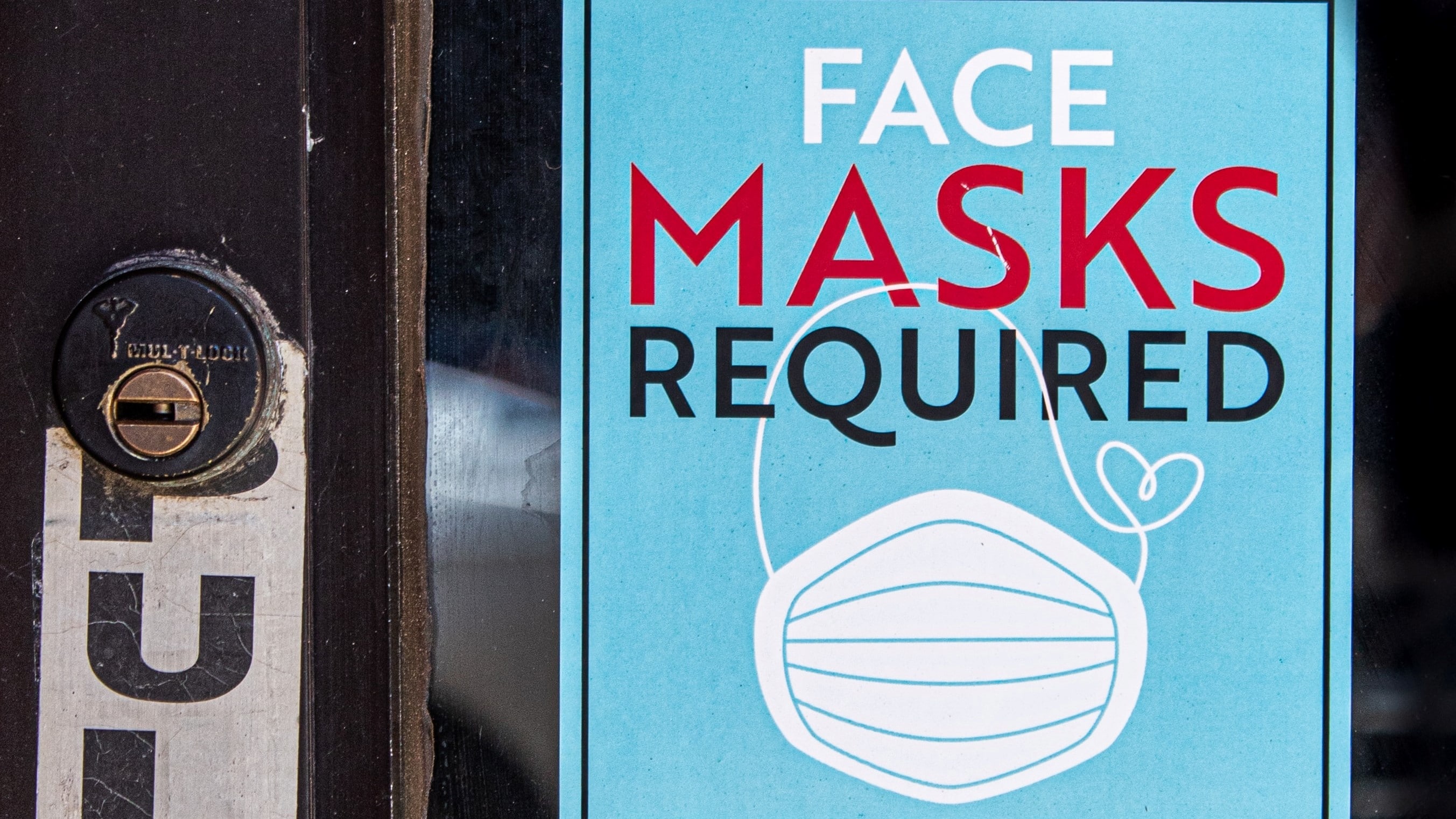Building Knowledge Through Health Equity Research
Article series on different areas that affect disadvantaged groups
Disparities in access to essential rights and services such as health are rarely quantified. Existing national data is very limited, outdated or not disaggregated by ethnicity, social and legal status, which makes it difficult to analyse the extent of health inequalities between vulnerable groups, such as ethnic minorities, including Roma, people with disabilities, LGBTQI+, migrants and refugees, homeless persons, and the general population.
Measuring such gaps is therefore essential to build knowledge about their impact, especially in the wake of COVID-19 and national responses to the pandemic; to identify the communities’ health needs, to develop appropriate policy responses, and implement targeted measures proportionate to the challenges that each community/vulnerable group experiences.
To this end, EPHA has called on researchers and policy analysts to submit research articles to help build knowledge about how the health of disadvantaged groups is affected by inequalities in areas such as employment, housing, education, healthcare, environment, and climate. EPHA will bring these to the attention of the European Union, national governments, and other health policymakers to mobilise policy and decision-makers as well as European and national civil society actors to take action to build health equity in Europe.
Selected articles

Meaningful Advocacy for Roma Health During the COVID-19 Crisis: The YILÓ Experience
Addressing food insecurity during the national lockdown in the course of COVID-19 pandemic-the case of Italy
Disclaimer: the opinions – including possible policy recommendations – expressed in the articles are those of the authors and do not necessarily represent the views or opinions of EPHA. The mere appearance of the articles on the EPHA website does not mean an endorsement by EPHA of the articles. The research results presented in the articles might have been disseminated previously and EPHA cannot be held to account in the case of any breach of publication agreements between the authors and other parties.
Health Equity Feed
EPHA’s regular news feed on actions to tackle health inequalities.




